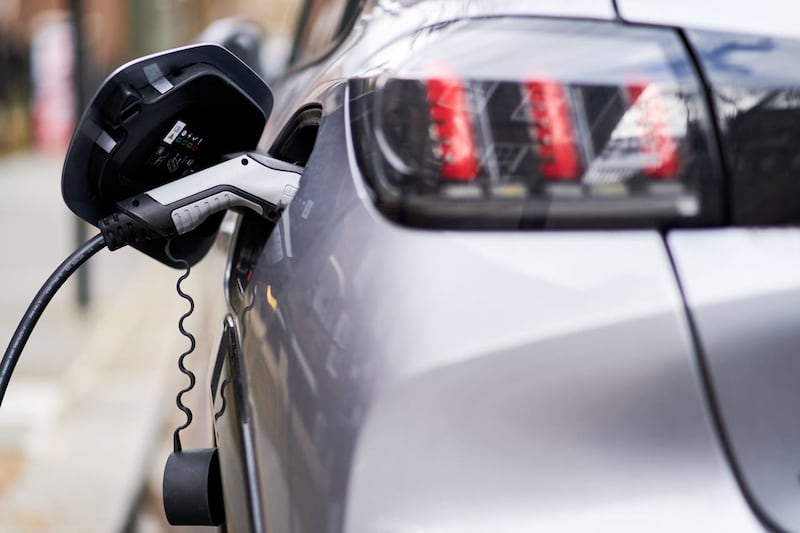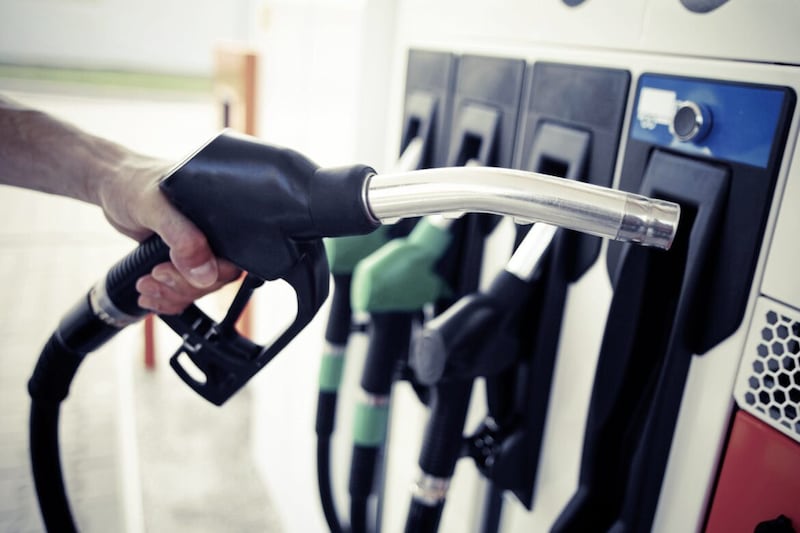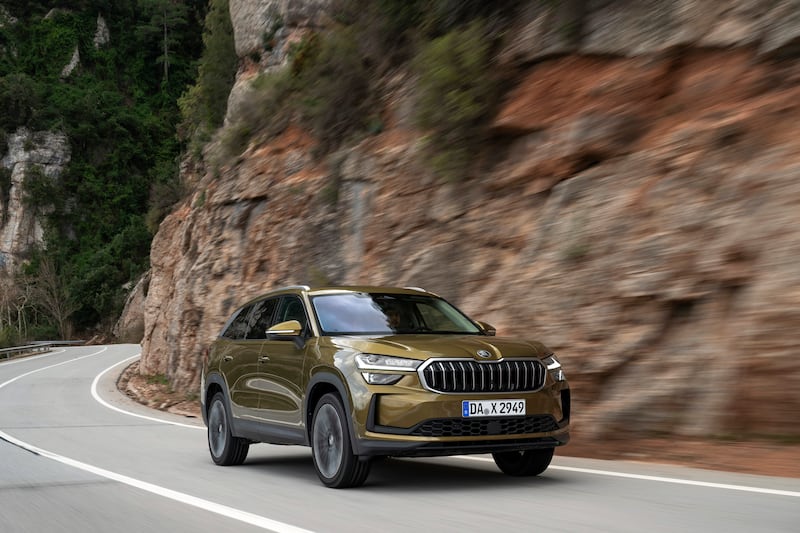Delaying the ban on petrol and diesel new cars will “undermine” what manufacturer Ford needs from the Government, the company has warned.
It is being widely reported that the date for when conventionally fuelled new cars can no longer be sold in the UK will be pushed back from 2030 to 2035.
Lisa Brankin, who chairs Ford UK, said: “Our business needs three things from the UK Government: ambition, commitment and consistency.
“A relaxation of 2030 would undermine all three.
“We need the policy focus trained on bolstering the EV (electric vehicle) market in the short term and supporting consumers while headwinds are strong: infrastructure remains immature, tariffs loom and cost-of-living is high.”

Another car maker, Stellantis, said “clarity is required from governments on important legislation”.
Mike Hawes, chief executive of the Society of Motor Manufacturers and Traders (SMMT), said high demand for electric cars within the UK is needed if more are to be built in the country.
He told BBC Radio 4’s Today programme: “You want to build close to where you sell, so you need a strong market here in the UK to help secure future investment.
“The concern now is, does this cause consumers to delay their purchase?”
Mr Hawes, who is a key figure representing car makers in the UK, said he had heard “nothing” from ministers in the previous 24 hours.
📢"To make this a reality consumers must want to make the switch, which requires from Govt a clear, consistent message, attractive incentives & charging infra that gives confidence rather than anxiety. Confusion & uncertainty will only hold them back”@MikeHawesSMMT on 2030 pic.twitter.com/Iqt9q6W4M7
— SMMT (@SMMT) September 20, 2023
SMMT figures show the private share of the market for battery electric new cars has already fallen from more than a third (36.2%) in the first half of 2022 to less than a quarter (24.2%) during the same period this year.
Demand has grown for fleet registrations, partly due to the lower company car tax for electric cars.
Mr Hawes said he was “assured” on Monday that the zero emission vehicles mandate – a requirement for manufacturers to increase the proportion of new cars and vans they sell that are zero emission – will still be introduced.
It is due to be implemented from the beginning of next year.
Mr Hawes said: “We’re trying to understand what is going to happen next between this sort of statement (on the 2030 ban) and that policy, and the message it sends consumers, which must be incredibly confusing.”








